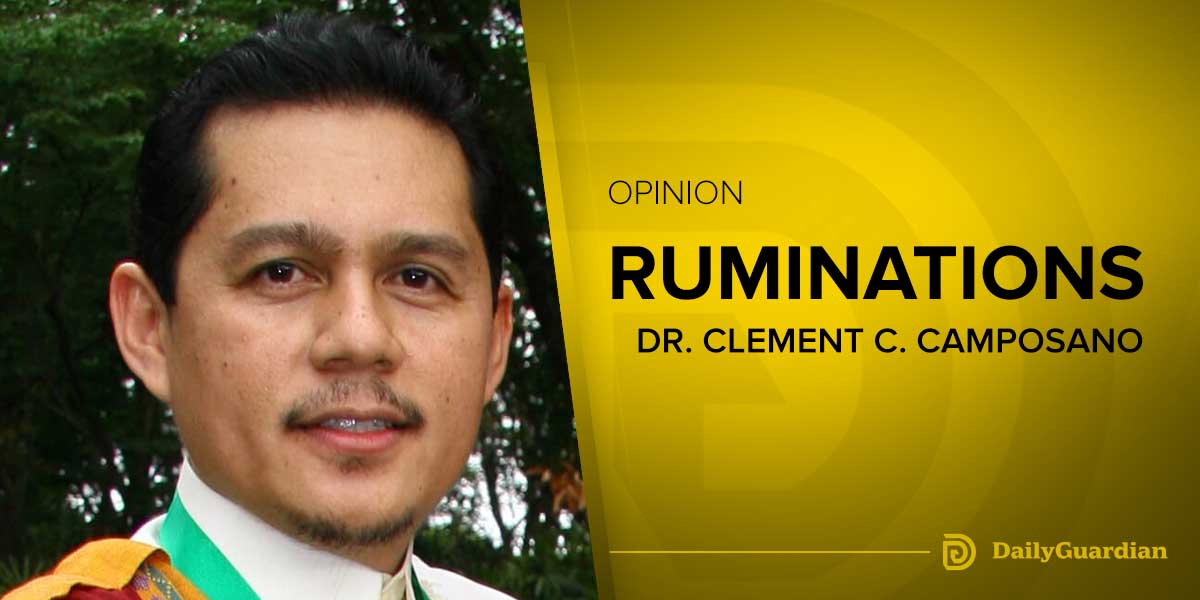
The Development Budget Coordination Committee (DBCC) reviewed the government’s medium-term macroeconomic assumptions, fiscal program, and growth targets for FY 2022 to 2028 to take into account the administration’s priorities and fiscal strategy, latest domestic developments, and external pressures. These adjustments are in line with the preparation and upcoming submission of the FY 2023 National Expenditure Program (NEP).
Real Growth Projections
The increase in household consumption and private investments, along with a robust manufacturing industry, high vaccination rate, improved healthcare capacity, and the upward trend on tourism and employment have allowed us to safely re-open the economy and register a positive growth for the first three months of 2022.
This momentum is expected to continue for the rest of the year, with the GDP growth assumption slightly adjusted to 6.5 to 7.5 percent in consideration of recent external and domestic developments. This growth will be sustained and expanded to 6.5 to 8.0 percent in FY 2023 to 2028.
| Year | Growth Assumptions
(in percentage) |
|||
| 2022 | 6.5 – 7.5 | |||
| 2023-2025 | 6.5 – 8.0 | |||
| 2026-2028 | 6.5 – 8.0 | |||
Macroeconomic Assumptions
The DBCC also approved the following revisions to the macroeconomic assumptions based on emerging data:
| Indicator | 2022 | 2023 | 2024 – 2028 | ||
| Inflation (%) | 4.5 – 5.5 | 2.5 – 4.5 | 2.0 – 4.0 | ||
| Dubai crude oil (USD) | 90 – 110 | 80 – 100 | 70 – 90 | ||
| Forex (Php/USD) | 51 – 53 | 51 – 55 | 51 – 55 | ||
| Exports of goods (%) | 7.0 | 6.0 | 6.0 | ||
| Imports of goods (%) | 18.0 | 6.0 | 8.0 | ||
The average inflation rate assumption for 2022 remains elevated and is projected to range from 4.5 to 5.5 percent, following the uptick in prices of fuel and food as a result of the ongoing RussiaUkraine conflict and disrupted supply chains. It is slightly adjusted to 2.5 to 4.5 percent for 2023, and is seen to return to the target range of 2.0 to 4.0 percent by 2024 until 2028.
Meanwhile, the assumption for the price of Dubai crude oil is set at USD 70 to 90 per barrel for 2024 to 2028 as oil supply is expected to catch up and stabilize over the medium-term.
The PhP-USD exchange rate assumption for 2023 to 2028 is projected at P51 to P55 against the USD due to heightened global uncertainty such as the aggressive monetary policy tightening by the US Fed, market aversion amid Russia-Ukraine conflict, and increased global oil prices.
Moreover, the goods imports growth is forecast at 8.0 percent for 2024 to 2028, while the goods exports growth is projected at 6.0 percent for 2023 to 2028.
Medium-Term Fiscal Program
Revenue collections are projected to show a gradual, upward trend over the medium-term from P3.633 trillion (15.3 percent of GDP) in 2023 to P6.589 trillion (17.6 percent of GDP) in 2028. This will be achieved through the continued implementation of existing tax policy and tax administration reforms, bolstered by a robust economic growth.
(In billion pesos)
| PARTICULARS | 2022 | 2023 | 2024 | 2025 | 2026 | 2027 | 2028 |
| Program | Projections | Projections | Projections | Projections | Projections | Projections | |
| Revenues | 3,304.1 | 3,632.9 | 4,062.6 | 4,576.8 | 5,155.3 | 5,821.4 | 6,589.0 |
| % of GDP | 15.2% | 15.3% | 15.6% | 16.0% | 16.5% | 17.0% | 17.6% |
| Disbursements | 4,954.6 | 5,085.8 | 5,402.0 | 5,759.7 | 6,249.6 | 6,916.0 | 7,711.7 |
| % of GDP | 22.9% | 21.4% | 20.7% | 20.2% | 20.0% | 20.2% | 20.6% |
| Deficit | (1,650.5) | (1,452.9) | (1,339.4) | (1,182.8) | (1,094.3) | (1,094.6) | (1,122.7) |
| % of GDP | -7.6% | -6.1% | -5.1% | -4.1% | -3.5% | -3.2% | -3.0% |
| Nominal GDP | 21,672.8 | 23,755.2 | 26,065.8 | 28,578.8 | 31,266.7 | 34,207.4 | 37,424.7 |
Meanwhile, disbursements for 2022 to 2023 will be maintained above 20 percent of GDP at P4.955 trillion and P5.086 trillion, respectively, to ensure continuous implementation of priority programs on infrastructure and socio-economic development, among others.
Disbursement will further increase over the medium-term from P5.402 trillion (20.7 percent of GDP) in 2024 to P7.712 trillion (20.6 percent of GDP) in 2028.
Given the revised revenue and disbursement program, the deficit will be gradually reduced by at least 1.0 percent every year starting at 6.1 percent of GDP in 2023 to 3.0 percent of GDP in 2028 to ensure debt sustainability over the medium-term. This will be achieved through improved spending efficiency and alignment of budget priorities that are anchored on the administration’s two 8point socio-economic agendas, one for the near-term and another for the medium-term.
In addition, the government is targeting an infrastructure spending- to-GDP ratio of 5.0 to 6.0 percent annually between 2023 to 2028, and a 9.0 percent poverty rate by 2028. The targets shall be anchored on the implementation of coherent strategies, policy discipline, and fiscal sustainability.



















